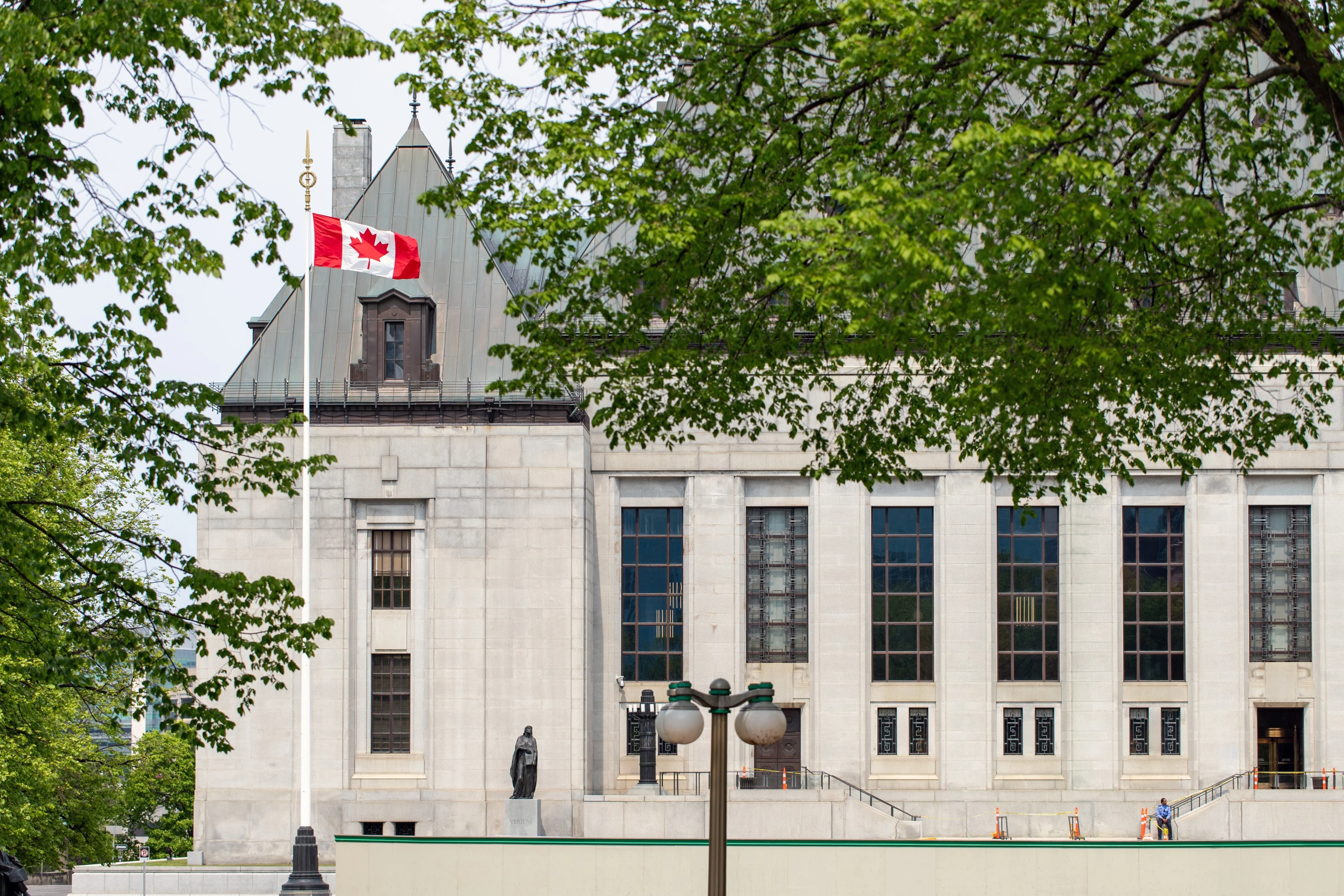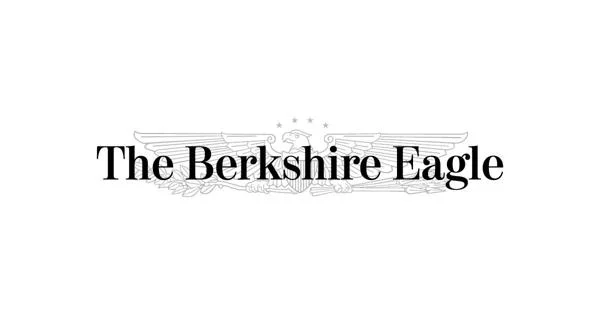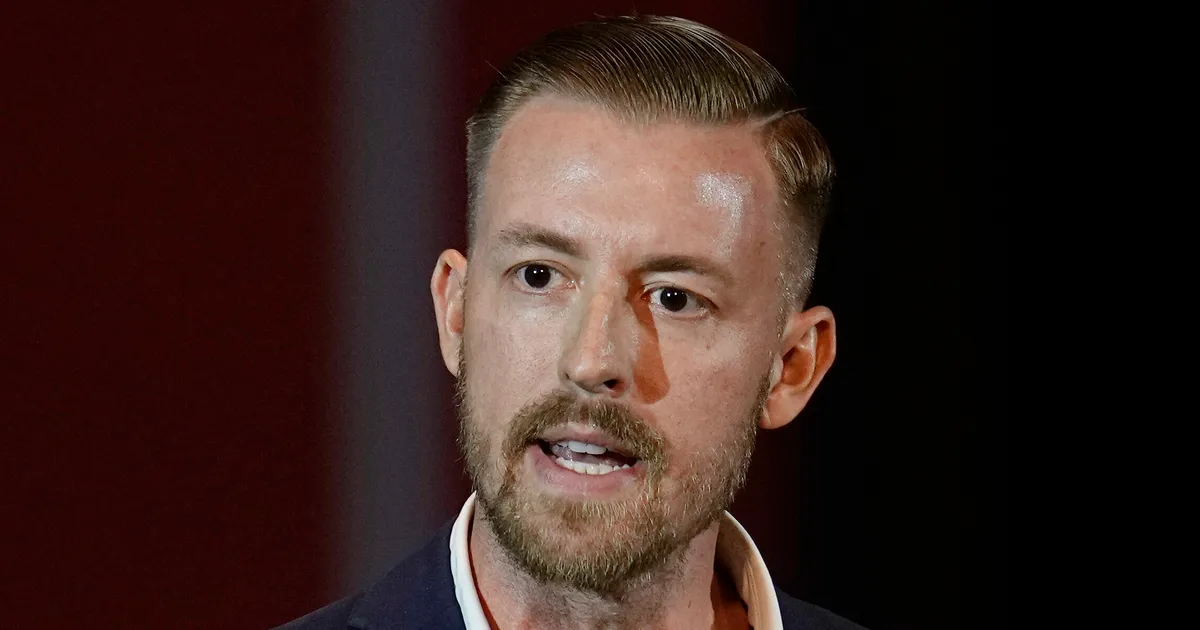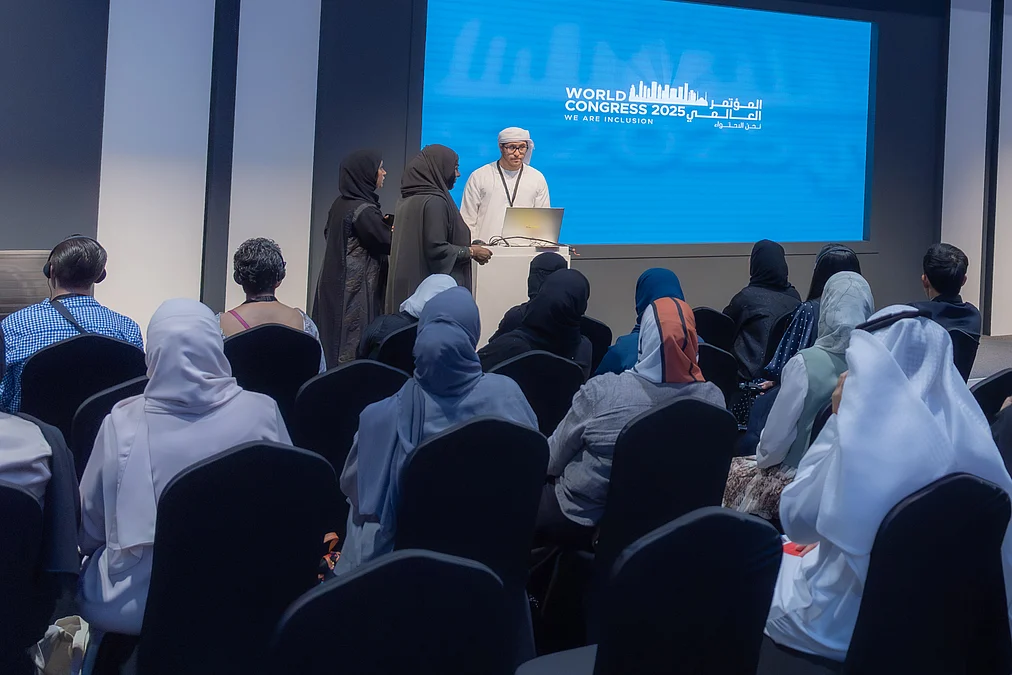By William Yiu
Copyright scmp

Several Hongkongers applied for a Canadian immigration pathway using illegitimately obtained academic qualifications, including a candidate found to have finished a yearŌĆÖs worth of coursework in just two weekends, according to court papers.
The cases came to light in documents from CanadaŌĆÖs Federal Court, which has rejected at least seven open work permit applicants from Hong Kong over suspicious educational qualifications.
The permits are required as part of a bespoke settlement pathway for Hongkongers.
Canadian immigration authorities also cited a 2022 investigative report from the Post, which delved into how some Hong Kong applicants had bought academic qualifications to meet requirements, as evidence to question the applicants.
The Post reported at the time that dozens of emigration and education consultancy firms in Hong Kong offered packages for applicants to obtain postgraduate and masterŌĆÖs degrees from accredited British universities in 2021 and 2022.
Some of them were promised diplomas or master of business administration (MBA) degrees from Anglia Ruskin University and the University of Chichester.
But the two institutions said they had not cooperated with emigration companies to provide Hongkongers with easy qualifications for a price.
The seven Hongkongers mentioned in the documents applied for the permits in 2022 or 2023 but were rejected. Their judicial reviews against the decisions were also dismissed by the court several years later.
They were found inadmissible to Canada for five years for misrepresentation, meaning they could not apply for entry during that period.
The settlement pathway scheme was offered to Hong Kong residents in 2021 after Beijing imposed the national security law on the city in June 2020.
The pathway requires open work permit holders to have been employed for at least one year after obtaining the document, in addition to having attained recognised post-secondary qualifications up to 10 years before applying.
According to the judgments for all seven cases, the applicants presented UK postgraduate diplomas and master's degrees that Canadian immigration authorities claimed were not legitimately obtained.
The applicants in question were asked to submit coursework, transcripts, diplomas and an explanation for credit exemptions as part of their interviews with authorities.
But they failed to offer credible documentation, provide explanations for exemptions or demonstrate knowledge of their own research or course content, according to the judgments.
One of the cases involved Yip Wai-ka. An open work permit application from his spouse, Lo Tsui-Yee, was also rejected by immigration authorities.
YipŌĆÖs application, which was filed in November 2022, was based on an MBA granted by the University of Chichester in June that year and a diploma in strategic management and leadership from Douglas Business School obtained several months before.
He was unable to explain why the references for his masterŌĆÖs paper could be found, only claiming that he had found them at the time of his studies, according to Canadian immigration authorities.
He insisted that he had not obtained any help in securing the credentials, adding that while the quality of his work was not good, he had met the courseŌĆÖs requirements.
In YipŌĆÖs interview, it emerged that he had only completed two units of coursework equivalent to 40 credits for the diploma from the distance-learning school.
He also failed to provide evidence of exemptions for the remaining 80 of the 120 credits required for the diploma.
ŌĆ£Mr Yip acknowledges that he may have been naive, but in the courtŌĆÖs view, Mr YipŌĆÖs conduct is far beyond being naive; he obtained two credentials in a shorter period of time than normal, without completing two-thirds of the required courses, without sufficient knowledge of what he studied, by copying material into assignments, by not providing any analysis of his research or explaining his methodology and by referring to surveys and questionnaires that were not provided,ŌĆØ the court said in its judgment.
Another judgment involved applicant Carah Law Kei-wah, who claimed to have completed a postgraduate diploma from the UK-based awarding organisation Qualifi and an MBA from Anglia Ruskin University (ARU) between April 2021 and April 2022.
But records showed that she only inquired about enrolment in March 2022.
ŌĆ£[She] indicates that she attended the MBA programme at ARU in England from April 2021 to October 2022. However, during her interview, the applicant confirmed that she did not contact ARU until March 2022 and completed all of the coursework over two weekends. This discrepancy reasonably raised concerns for the officer,ŌĆØ immigration authorities said.
Immigration authorities found that ŌĆ£lines from her paper that were exactly the same as those of a paper found onlineŌĆØ.
In another case, an applicant named Andy Kwong Man-kit, who held a bachelor's and master's degree from two universities in Hong Kong, applied for an open work permit with an MBA from ARU and a postgraduate diploma from the Institute of Business Administration (IBA) in Hong Kong.
His degree from the British university was obtained through a top-up programme.
He was asked to submit all completed coursework, academic transcripts, evidence of exemptions from studies for all qualifications from the university and the IBA, but he failed to do so.
Immigration authorities said it was unclear how he obtained the postgraduate diploma without completing any coursework.
He was also unable to reasonably explain how he was able to receive the postgraduate diploma qualification before paying the fees for the programme, according to the judgment.



